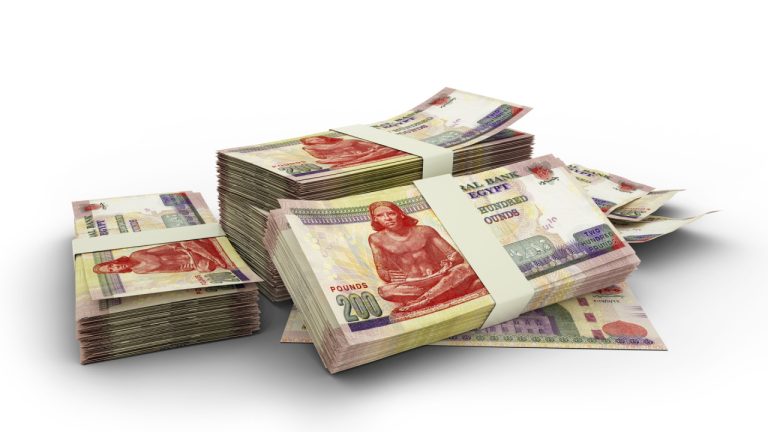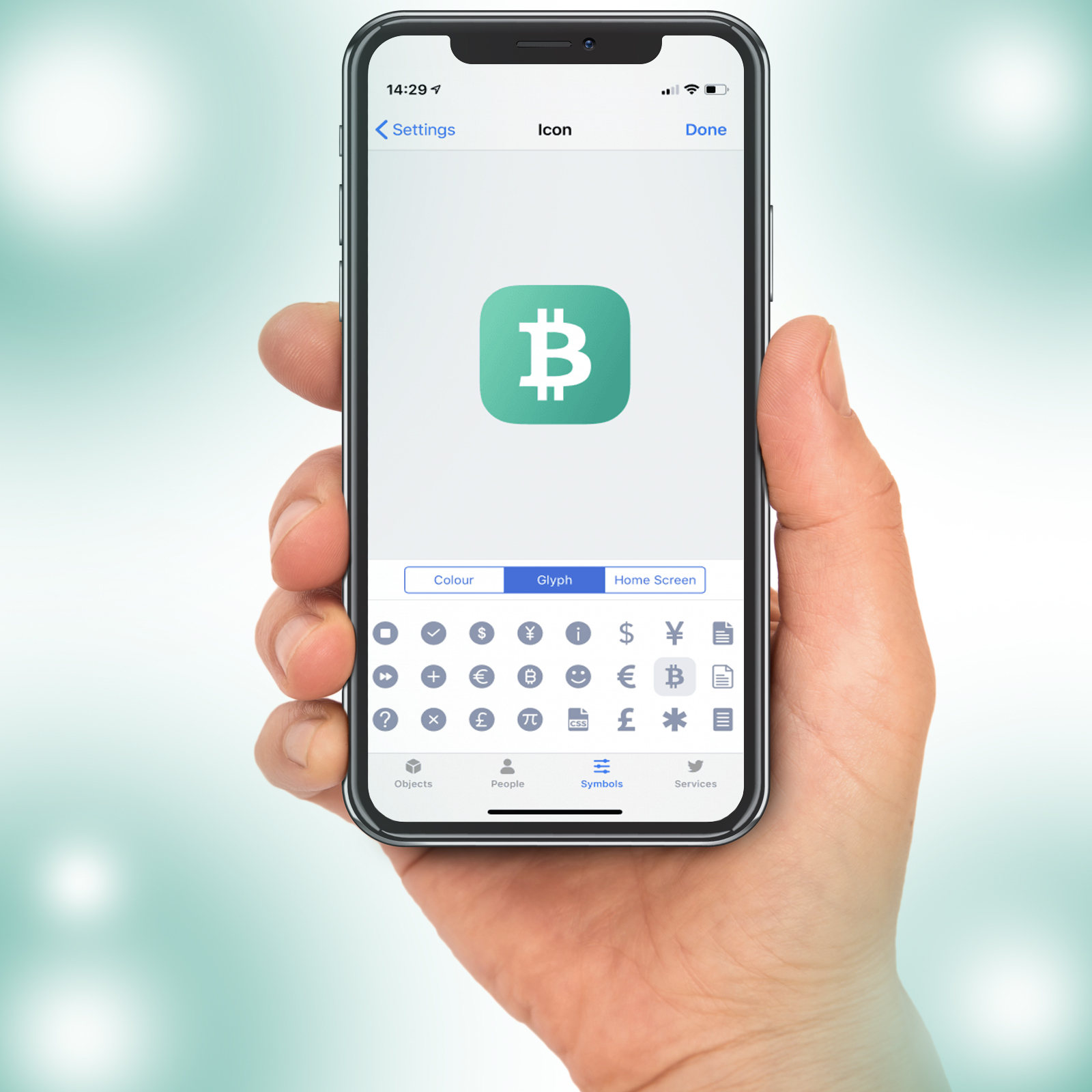
The Egyptian pound recently became the latest currency from the African continent to see its value versus the greenback slump to a record low. The pound’s fall came amidst reports suggesting the Egyptian government is hoping to strike a loan deal with the International Monetary Fund (IMF) within a month or two.
Egyptian Pound Still Overvalued
The Egyptian pound has become the latest African currency to depreciate to a record low versus the U.S. dollar, after it slipped to an exchange rate of 19.6736 for every greenback on October 4. Before this, the currency’s previous record low exchange rate of 19.6725 per dollar was last seen in December 2016.
Other African currencies that have struggled against the U.S dollar in 2022 include the Nigerian currency, which recently touched a new all-time low of 735 naira for every dollar. In September, Bitcoin.com News reported that the gap between the Ethiopian birr’s official and parallel market exchange rate had grown to a new record high. The Ghanaian cedi and the South African rand have also depreciated significantly against the U.S. dollar this year.
According to a Bloomberg report, the pound’s depreciation came as Egypt is getting closer to securing a loan from the International Monetary Fund (IMF). The IMF loan, as well as the $22 billion that has been pledged by rich Gulf states, is expected to help Egypt deal with the energy and food shocks stemming from the Ukraine-Russia military conflict.
However, before approving the loan the IMF will likely ask Egypt to adjust the exchange rate just as it did in 2016. At that time, the global lender insisted the pound had to be devalued before the Egyptian government could access a $12 billion loan package.
A More Flexible Exchange Rate
In addition to demanding the pound’s devaluation, the IMF reportedly requested the Egyptian government take steps which eventually made the North African country a less appealing investment destination.
According to the report, the Egyptian government is likely to accede to the IMF’s demands for a more flexible exchange rate. Although no date of when the loan package is likely to be approved has been given, Egyptian finance Minister Mohamed Maait reportedly revealed in September that his government hoped to reach an agreement with the global lender within a month or two.
Register your email here to get a weekly update on African news sent to your inbox:
What are your thoughts on this story? Let us know what you think in the comments section below.








